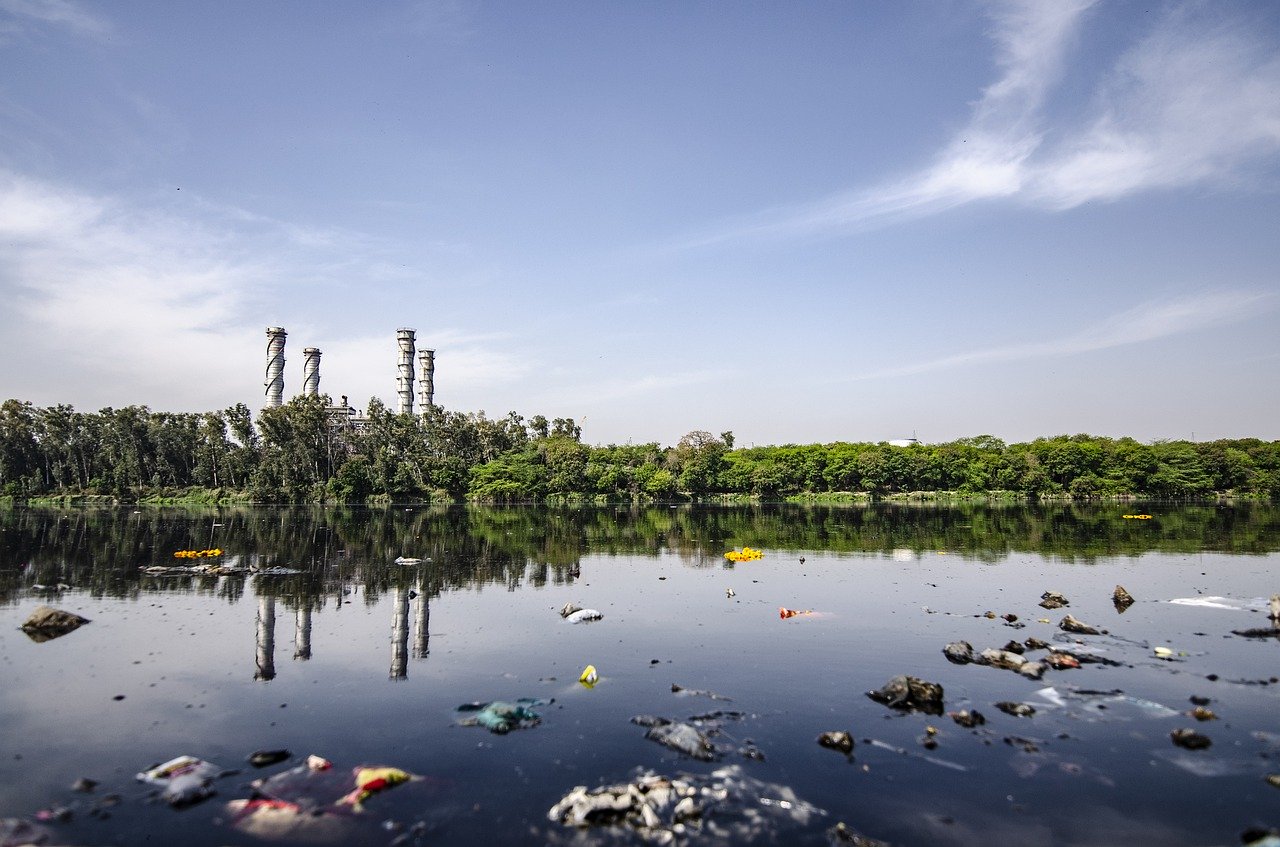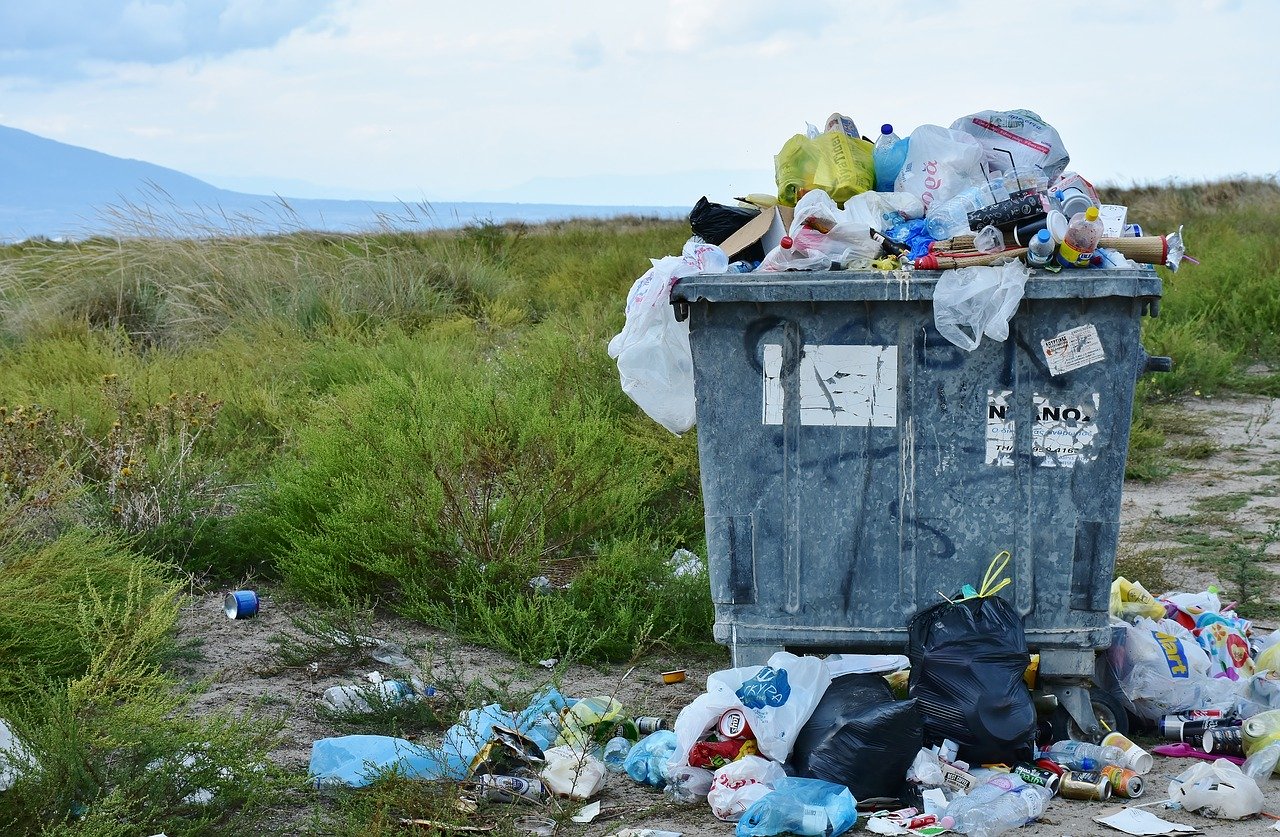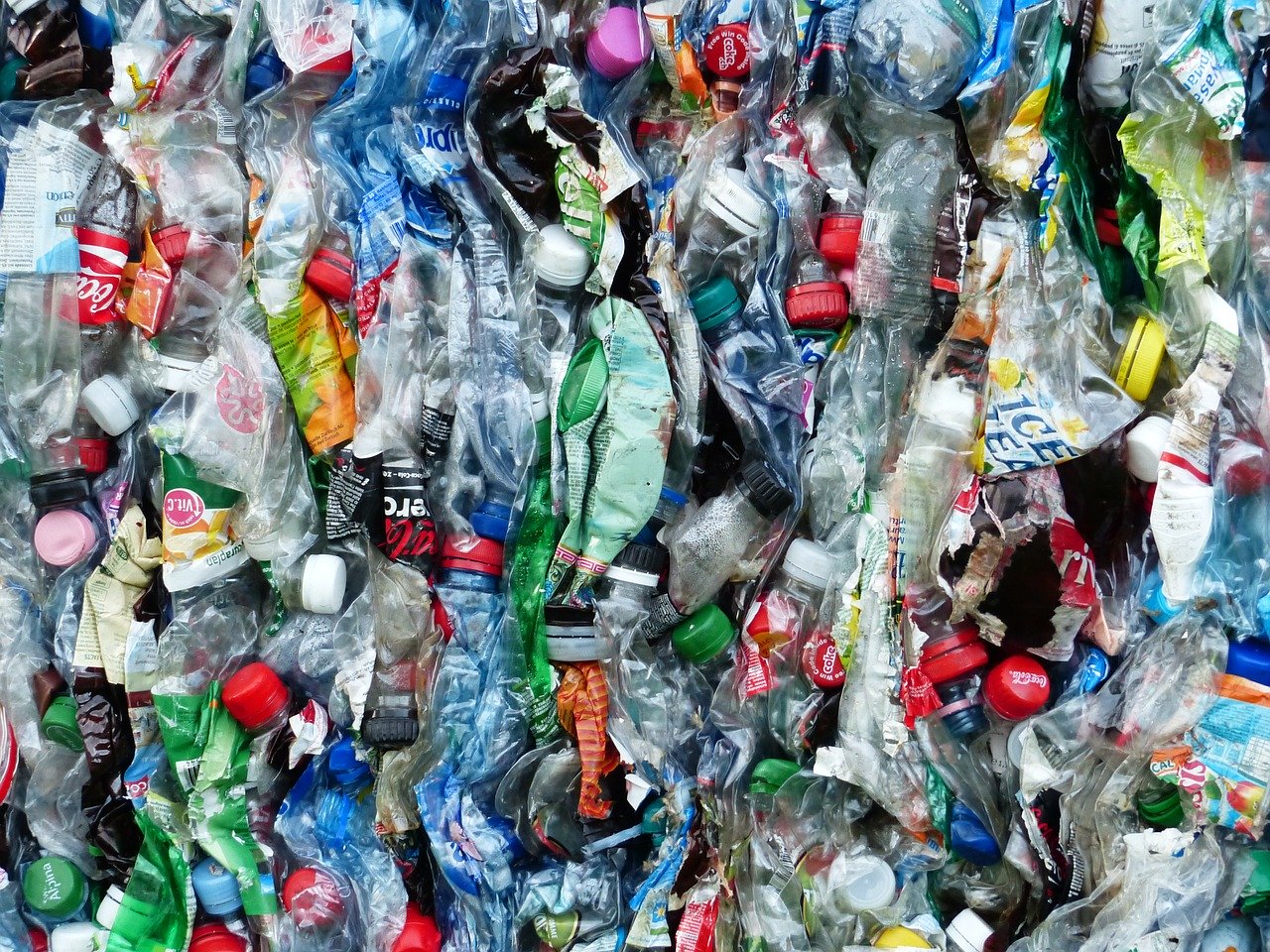
Plastic world… what should we do with plastics?
14 August 2021Plastic assists us in almost every aspect of our life, as synthetic materials are convenient, durable and easy to produce. Despite that, as time goes on, its downsides turned out to be more concerning than initially thought. With a rising threat of an environmental disaster it is time to look at this ubiquitous material, stop and think – is it really so necessary?
Plastic production in the past and today
The history of plastics begins over a 100 years ago, as the first artificial material, called Parkesine or “artificial ivory” started being produced in 1866. Despite that, it was too expensive to make mass production possible. The first breakthrough in plastics’ popularity came in 1869, when John Hyatt discovered a cheaper way to make it, using nitrocellulose and camphor. This had a great impact on history, as it revolutionized the movie industry. Celluloid, as it was called, was widely used to make films and tapes, but unfortunately it wasn’t very heat-resistant, which caused a few fires in movie theaters during screenings.
A real revolution happened in 1907, when Leo H. Baekeland invented and patented bakelite, which became the first truly mass produced artificial material. It was perfect to use in electrical devices, as it didn’t conduct electricity or heat, was non-flammable, insoluble and infusible, as well as highly resistant to chemical agents.
These and other materials invented and produced between 1928-1957 in USA, Great Britain, Germany, and Italy are still used to this day.
Plastic world… a global issue or a “left-wing fantasy”?
Ever since artificial materials became widely used, their production rate keeps growing year after year. In years 1950-2017 as much as 8,3 billion tons of plastics was produced, while between 1988 and 2010 the global yearly production rose from 75 mln up to 245 mln tons. Despite the fact that we have been surrounding ourselves with plastic things for many decades now, their production keeps on increasing. What’s even worse is that ever since the mass production of plastics began, only about 9% was recycled, 12% got burned and as much as 79% was thrown into landfills. This causes a massive problem to our environment, as plastics take anywhere from 50 to 1000 years to break down. Moreover, plastic waste is usually very light and wind often carries it into the seas and oceans, where they form gigantic trash islands, spanning many kilometers and poisoning both the waters around them and the creatures living there.
What’s more, one of the main ingredients in producing artificial materials is petroleum, which is transported from oil platforms and often results in an oil spill, which has tragic consequences for the environment and human health. Many animals die due to being covered in oil, and the water, as well as the organisms living in it, gets poisoned with lead and other heavy metals. These, in turn, often find their way into our bodies through fish, causing many health problems.

What about the future?
According to some calculations, if we do not cut down plastic production on a global scale, by 2050 there will be more plastic trash than fish in the oceans. Our blue planet will become gray from all the waste floating in the waters, and the scale of the problem will spiral out of control, which may lead to food and drinkable water becoming less accessible.
Fortunately, trends in society and lawmaking seem to be going in an eco-friendly direction. Moreover, the research conducted on the Sargasso Sea imply the existence of marine microorganisms able to break down plastics. Polymers and biodegradable plastics are also becoming more popular, as they can be composted, where they break apart faster and into particles that are harmless to the environment.
Even though, it is worth to cut down our plastic usage even in areas not regulated by law, also for the sake of our own health. Of course, plastics are so widely used that it would be hard to stop using it at all, but fortunately there are methods you can try yourself which don’t require too much effort or sacrifice.
The basics of reducing plastic use are the so-called 5 R’s:
- Refuse
- Reduce
- Reuse
- Repurpose
- Recycle
Their order also indicates their “hierarchy”. The most important thing is to simply use less plastic; do you really need another synthetic skirt or a funny figurine that will just lie in your room and gather dust? That way you save both money and the environment.
The next step is to reduce the amount of artificial materials you use. All you have to do is swap one-use plastic bags for one made from cloth, and a case of water bottles for a pitcher or a bottle with a water filter. Sometimes even buying one bigger shampoo bottle instead of a few smaller ones can make a difference over time.
Reusing or repurposing is also an important thing to do. But not all plastics can be used again, especially when food becomes involved. There are many types of artificial materials and some of them can release harmful chemicals, which then go into food and water, especially in higher temperatures. It is important to look at the markings on bottles, dishes and reusable containers. The numbers, placed in a distinctive “triangle”, are especially important: 2 and 5 are the safest to reuse.
If we can’t do any of the above, our last option is to recycle. These days it’s not very hard, as almost every town has separate containers, and the cleaning departments collect segregated trash on previously announced days.
One more important reminder: burning plastics in your in-house furnace is…
STRICTLY PROHIBITED!

Because of the relatively low burning temperature, many toxic substances are released into the air, such as dioxins, nitrogen and carbon oxides, and heavy metals, often more harmful than potassium cyanide.
Although plastic is used in almost every aspect of our life, it isn’t too good for us or the environment. At this time in history, when we have a threat of ecological disaster hanging over our heads, it is important to take steps towards “relieve” the nature of the burden, even of only partially. Even if the crisis will be averted in a few years, these actions can only prove to be beneficial. That’s why it’s important to start today, take a cloth bag instead of a plastic one, unplug unused electronics, take a bike instead of a car and feel the change not only in your environment, but also in your body and pocket.